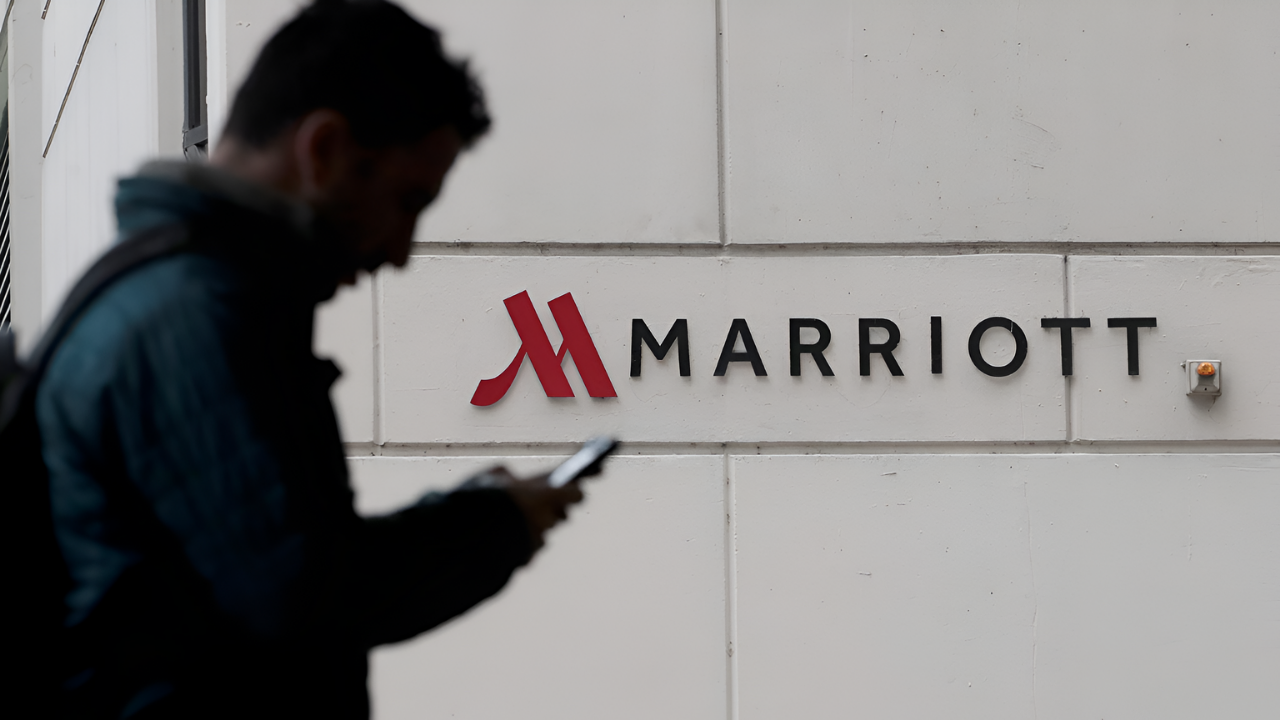
On Sunday, November 9, 2025, thousands of travelers staying at Sonder properties worldwide awoke to a crisis: their reservations were abruptly canceled, and they were ordered to vacate by 9 a.m. the next day. The sudden shutdown, triggered by Marriott’s termination of its licensing agreement with Sonder Holdings, left guests scrambling for shelter and employees out of work across 37 cities.
A Sudden Global Eviction
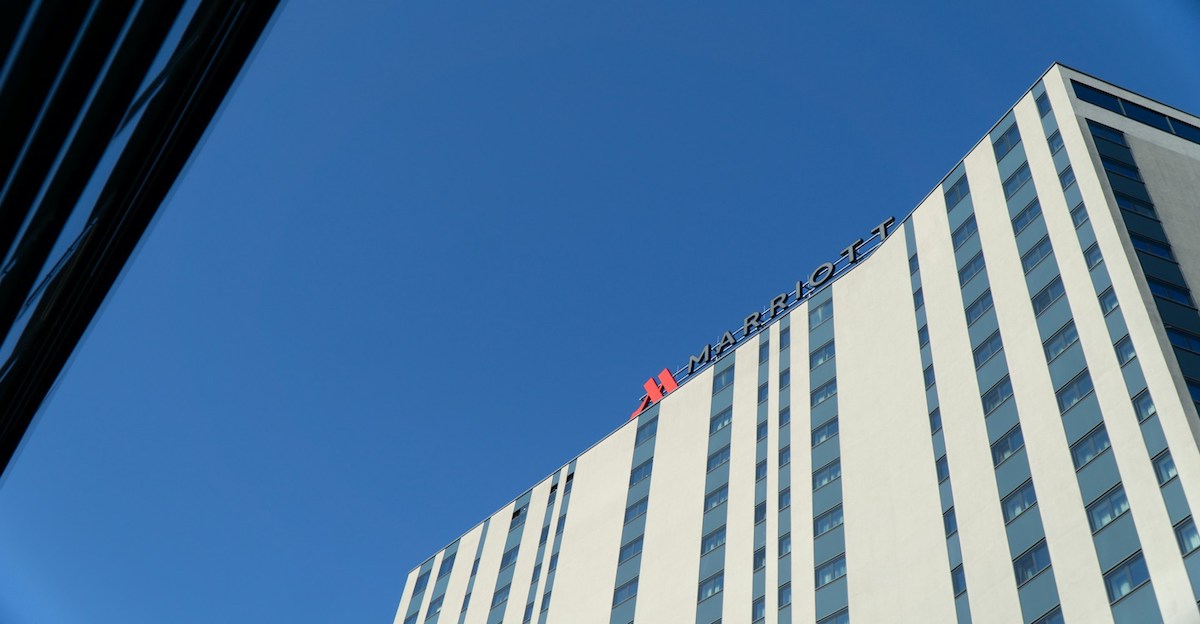
The abrupt collapse began with Marriott’s announcement that it was ending its partnership with Sonder due to financial default. Guests received emails instructing them to leave within 24 hours, while staff learned of their layoffs at the same time. In Boston, housekeeping packed guests’ belongings into plastic bags; in Montreal, travelers dragged suitcases through the streets. The disruption was immediate and widespread, affecting thousands from New York to Dubai. Many guests, including families and international travelers, faced language barriers and struggled to secure last-minute accommodations as hotel prices soared and availability dwindled. Some, like Ahmed Alsheikh from Saudi Arabia, nearly canceled their trips, while others incurred thousands in unexpected costs.
Sonder’s Rise and Fall
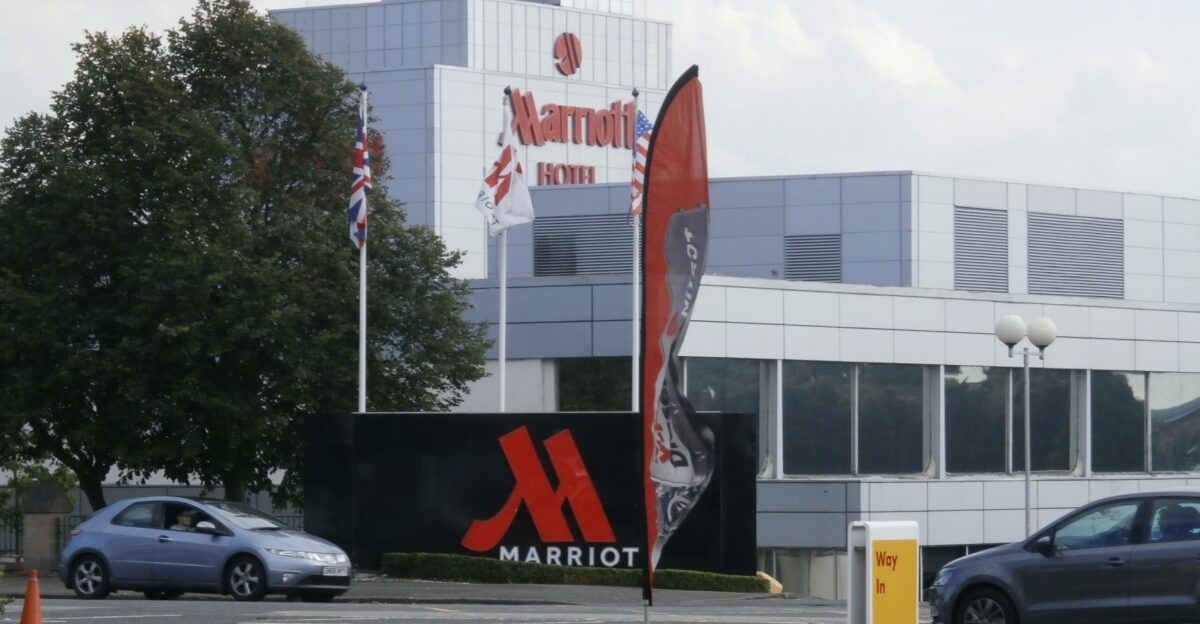
Founded in Montreal in 2014, Sonder set itself apart from platforms like Airbnb by leasing and managing properties directly. By 2019, the company operated 140 properties with 9,000 units and was valued at over $1 billion. Sonder went public in January 2022 at a $1.925 billion valuation, but annual losses exceeded $250 million. In August 2024, Sonder struck a licensing deal with Marriott, securing approximately $146 million in additional liquidity and rebranding its properties as “Sonder by Marriott Bonvoy.” The partnership was intended to integrate Sonder into Marriott’s loyalty program and serve as a lifeline for the struggling company. However, integrating Sonder’s technology with Marriott’s reservation system proved far more complex and costly than anticipated. Persistent delays and incompatibilities drained Sonder’s working capital, and efforts to secure additional funding failed.
Bankruptcy and Immediate Fallout
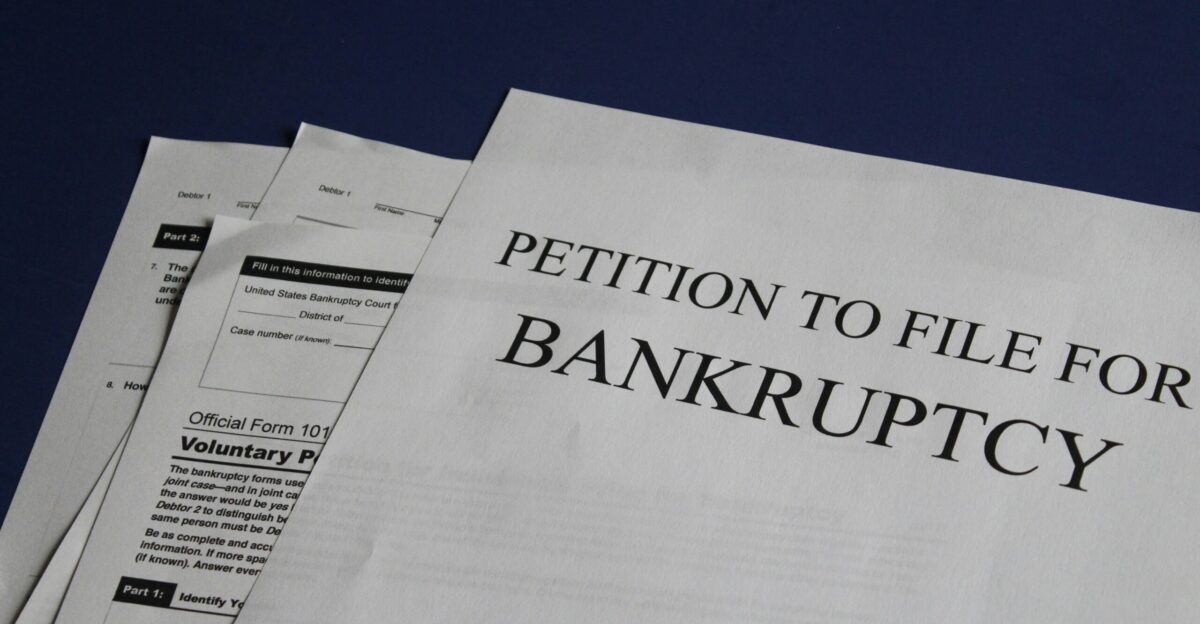
With Marriott’s termination of the agreement, Sonder was forced into Chapter 7 bankruptcy—a liquidation process that means a complete shutdown rather than reorganization. A court-appointed trustee began inventorying and selling company assets to pay creditors. All employees were laid off without severance guarantees, and simultaneous insolvency proceedings began in international markets. Guests and staff alike faced little hope of full compensation. Property owners, whose buildings were leased by Sonder under multi-year contracts, suddenly found themselves with vacant, locked units and uncertain prospects for recovering lost income.
Social Media Backlash and Legal Challenges
The mass eviction quickly became a viral topic on social media platforms like TikTok, X, and Instagram. Guests posted videos and testimonials, condemning both companies for stranding travelers in 37 countries. The digital outcry damaged the reputations of both Marriott and Sonder. Marriott responded by promising to assist affected guests in finding alternative accommodations and processing refunds for bookings made through its channels. However, guests were instructed to contact credit card issuers directly for chargebacks, and many complained about inadequate communication and vague rebooking options. Consumer lawyers advised that guests have legal protections under the Fair Credit Billing Act and state laws, and travel insurance with “supplier default” coverage may help recover costs. Documentation of receipts, emails, and photos was recommended for those seeking refunds.
Industry Lessons and Future Implications
Sonder’s collapse drew comparisons to WeWork, another venture-backed real estate startup that struggled with asset-heavy operations disguised as technology platforms. Unlike Airbnb’s marketplace model, Sonder and WeWork assumed direct responsibility for property management, exposing them to massive fixed costs. The failure highlighted the risks of “tech-washing” operationally intensive businesses and the challenges of integrating with legacy hotel systems. Marriott Bonvoy members expressed frustration and loss of trust, with some canceling memberships after being encouraged to book Sonder properties under the Marriott brand. The crisis exposed vulnerabilities in hotel licensing models that rely on third-party operators.
Looking Ahead
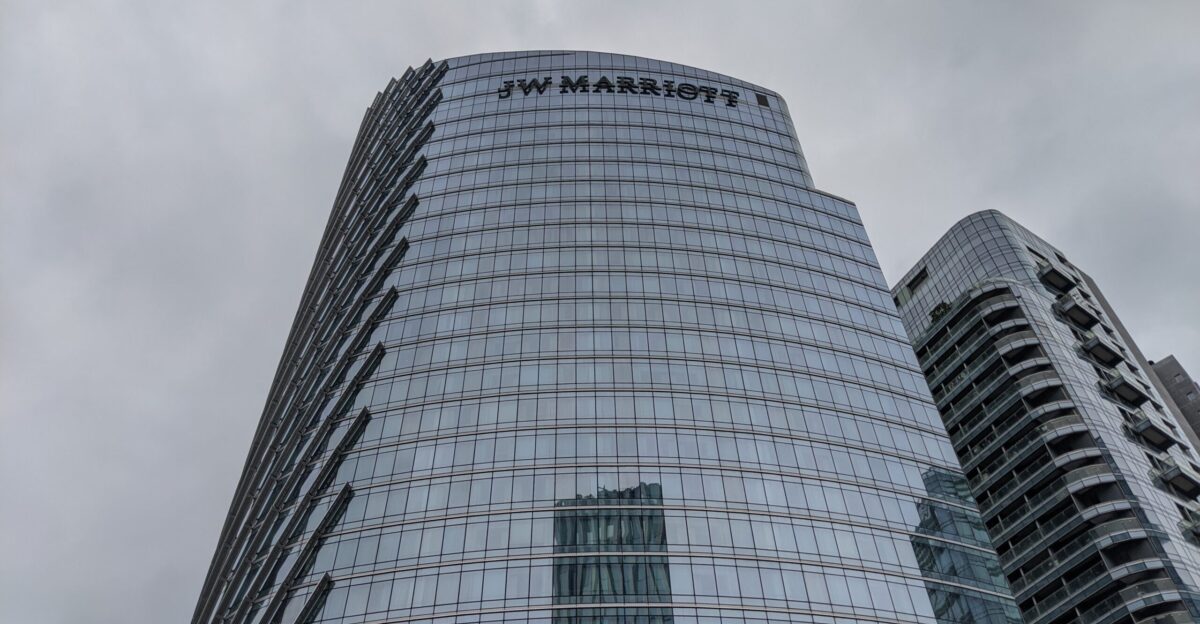
As Sonder’s assets are liquidated and legal proceedings continue, most creditors—including guests, employees, and property owners—are expected to receive minimal compensation. The hospitality industry faces a reckoning: investors and travelers alike are now more skeptical of travel-tech startups without clear paths to profitability or operational excellence. The disaster underscores the importance of verifying the actual operator behind a trusted brand and checking refund policies before booking. For travelers, the lesson is clear—brand names alone do not guarantee reliability, and due diligence is essential in an era of rapid disruption.